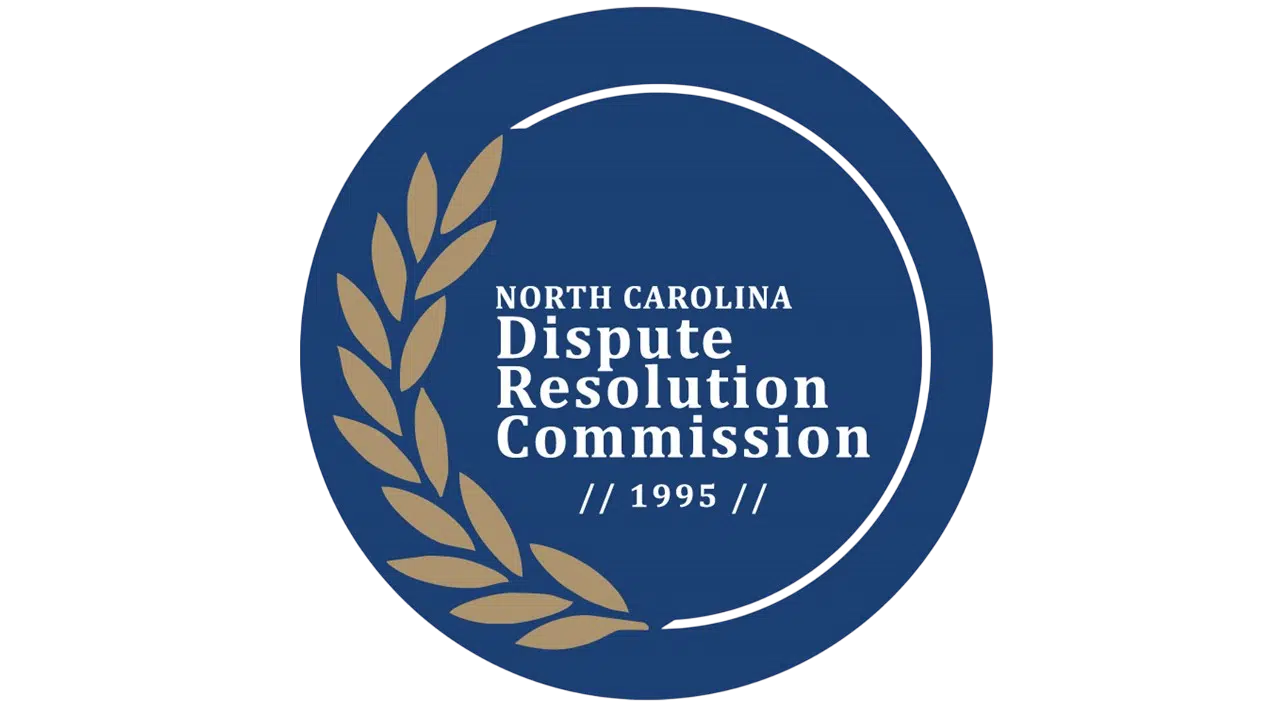The key steps in M&A transactions typically include initial due diligence, valuation, negotiation of terms, drafting and reviewing transaction documents (including purchase agreements, representations, and warranties), obtaining necessary regulatory approvals, and closing procedures. The process may also involve structuring considerations (asset vs. stock purchase), tax implications, employee matters, and post-closing integration planning. Working with experienced M&A counsel is crucial to navigate these complex transactions successfully.
What should businesses consider when forming a joint venture?
When forming a joint venture, key considerations include: structure of the venture (corporation, LLC, or contractual), governance and management rights, profit-sharing arrangements, intellectual property rights, non-compete provisions, exit strategies, and dispute resolution mechanisms. It’s essential to clearly define each party’s contributions, responsibilities, and expectations in the joint venture agreement to prevent future conflicts.
Essential elements of a shareholder agreement include voting rights, share transfer restrictions, buy-sell provisions, dividend policies, management structure, dispute resolution procedures, and protection of minority shareholder rights. The agreement should also address preemptive rights, tag-along/drag-along rights, and valuation methods for share transfers. These provisions help maintain stability and protect all shareholders’ interests.
What is involved in corporate formation and registration?
Corporate formation and registration involves selecting an appropriate business structure, filing formation documents with state authorities, obtaining necessary permits and licenses, establishing governance documents (bylaws or operating agreements), setting up corporate records, obtaining tax identifications, and implementing compliance procedures. The process requires careful consideration of liability protection, tax implications, and management flexibility.
Corporate dissolution involves adopting a resolution to dissolve, filing dissolution documents with state authorities, notifying creditors and stakeholders, settling outstanding debts, distributing remaining assets, filing final tax returns, and maintaining records. It’s important to follow proper procedures to avoid personal liability and ensure all obligations are properly addressed.
What should be included in a business succession plan?
A business succession plan should include ownership transfer strategies, management transition plans, valuation methods, funding mechanisms (such as life insurance or buy-sell agreements), tax planning considerations, and timeline for implementation. The plan should also address contingencies for unexpected events and include regular review and updates to remain current with business circumstances.
Civil litigation encompasses various disputes including contract disputes, property matters, personal injury claims, employment issues, and tort claims. The process typically involves pleadings, discovery, motion practice, settlement negotiations, and potentially trial. Understanding procedural rules, evidence requirements, and strategic considerations is crucial for effective litigation management.
What distinguishes commercial litigation from other forms of litigation?
Commercial litigation focuses on business-related disputes such as breach of contract, partnership disputes, securities litigation, antitrust matters, and intellectual property conflicts. These cases often involve complex financial analyses, expert testimony, and sophisticated legal theories. Commercial litigation may be handled in specialized business courts and frequently involves significant document discovery and electronic evidence.
What are the key components of estate planning?
Estate planning involves creating wills, trusts, healthcare directives, and powers of attorney, along with strategies for asset distribution, tax minimization, and protection of beneficiaries. The plan should address both current asset management and future distribution, consider potential incapacity, and include regular reviews to ensure it remains aligned with changing circumstances and laws.
What should be considered when drafting a will?
Will drafting considerations include asset inventory, beneficiary designations, executor appointment, guardian nominations for minor children, specific bequests, residuary estate distribution, and tax planning. The will should be clear, comprehensive, and properly executed to ensure validity and prevent future contests. Regular reviews and updates are important to reflect changes in circumstances or wishes.
Trusts offer benefits including privacy, probate avoidance, tax efficiency,
asset protection, and controlled distribution of assets. Different types of trusts (revocable, irrevocable, charitable, special needs) serve various purposes.
Trust formation requires careful consideration of trustee selection, distribution provisions, tax implications, and ongoing administration requirements.
Living wills and advance directives should specify medical treatment preferences, end-of-life care decisions, organ donation wishes, and healthcare agent appointments. These documents should be clear, comprehensive, and comply with state law requirements. Regular review and updates are important, as are discussions with family members and healthcare providers about these preferences.
What strategies are available for asset protection?
Asset protection strategies may include business entity formation, insurance coverage, trust structures, retirement account protection, homestead exemptions, and proper titling of assets. The approach should be comprehensive, implemented before claims arise, and comply with fraudulent transfer laws. Regular review and updates are necessary to maintain effectiveness.
Special needs planning involves creating special needs trusts, considering government benefit eligibility, planning for long-term care and support, selecting appropriate trustees, and coordinating with other family planning. The plan should maintain benefit eligibility while providing for enhanced quality of life and future care needs.
What legal issues are addressed in elder law?
Elder law addresses issues including long-term care planning, Medicare/Medicaid planning, guardianship, estate planning, retirement benefits, elder abuse prevention, and healthcare decision-making. The focus is on protecting seniors’ rights and interests while ensuring appropriate care and financial security.
Estate tax planning strategies include lifetime gifting, trust structures, family limited partnerships, charitable giving, life insurance planning, and basis step-up considerations. The approach should balance tax efficiency with other goals such as asset protection and family dynamics. Regular review is important due to changing tax laws and circumstances.
Power of attorney documents should specify the scope of authority granted, when the authority becomes effective, durability provisions, agent responsibilities, and any limitations on authority. Different types (financial, healthcare, limited) serve different purposes. Clear drafting and proper execution are crucial for validity and effectiveness.
Estate mediation helps resolve disputes involving will contests, trust administration, fiduciary duties, and asset distribution. The process involves identifying issues, facilitating communication, exploring solutions, and reaching agreements. Mediation can preserve family relationships while avoiding costly litigation.
How does family mediation work?
Family mediation addresses disputes involving divorce, custody, support, property division, and family business issues. The mediator facilitates communication, helps identify common ground, and assists in developing mutually acceptable solutions. The process is confidential, voluntary, and typically more cost-effective than litigation while helping preserve relationships.









